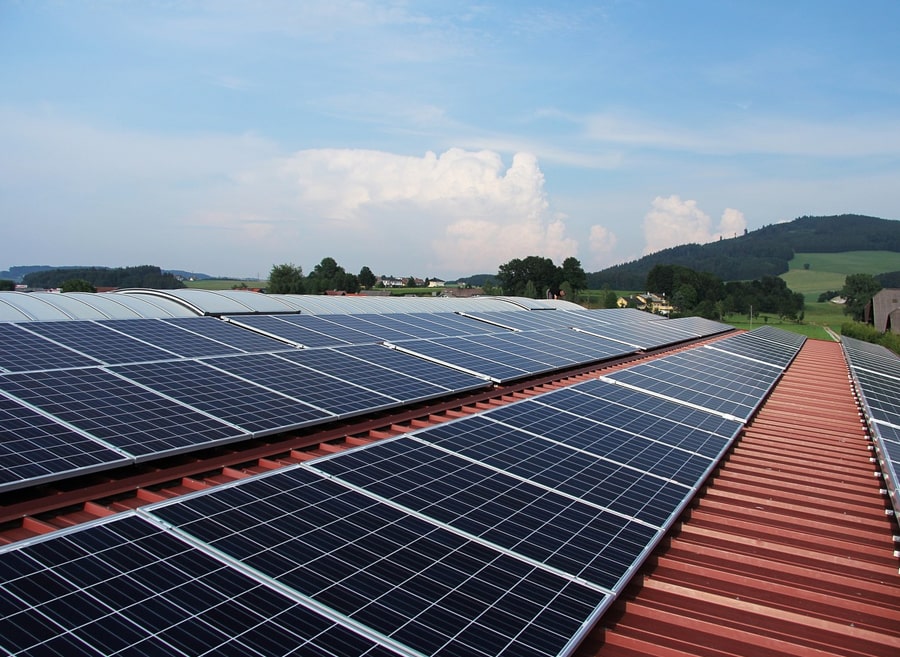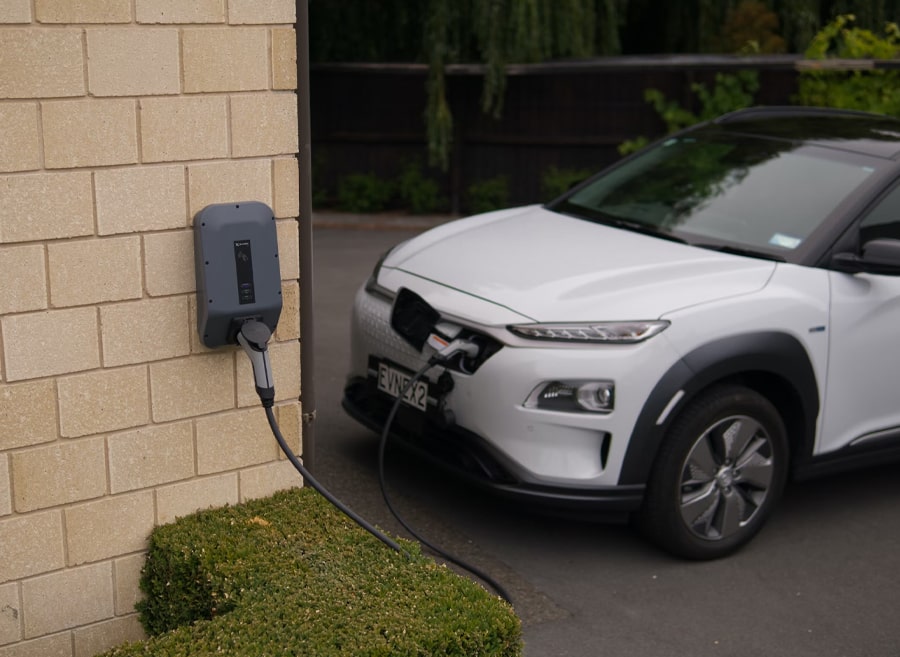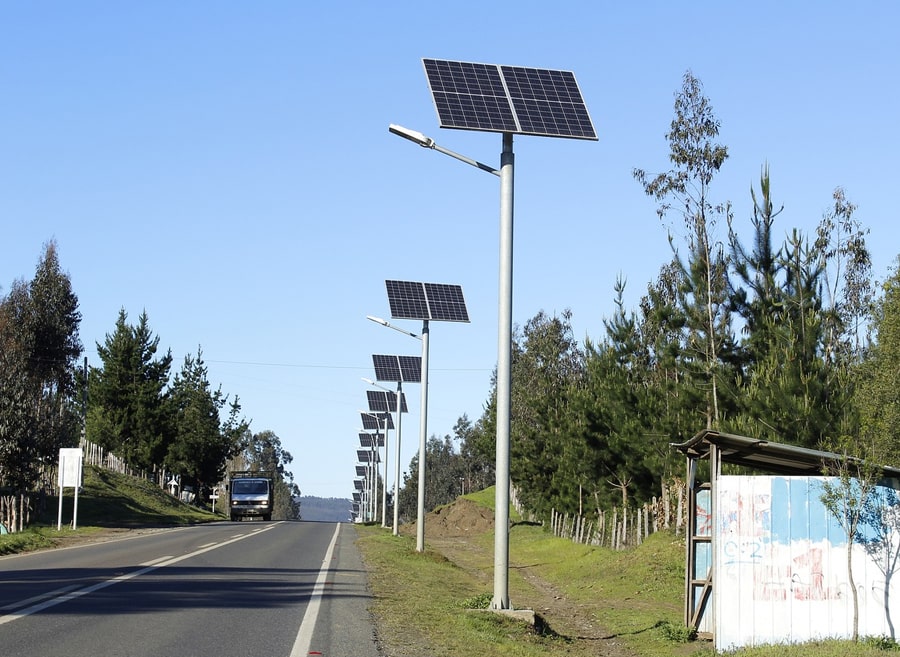By lowering carbon emissions, conserving resources, and minimizing the detrimental effects of human activity on the environment, we can make the world more sustainable and environmentally friendly.
There has been a considerable shift towards sustainable living and lowering our carbon footprint in recent years. As a result, green technology development has accelerated, revolutionizing how we produce energy, commute, and use resources. This blog post will explore the most recent developments in green technology, with a focus on solar power, electric vehicles (EVs), and intelligent energy-saving gadgets. Let’s look at how these advancements are influencing a future that is greener and more sustainable.
The Latest Advancements in Green Technology
Green technology, sometimes known as “green tech” or “clean tech,” includes a variety of developments and methods that seek to lessen the negative effects of human activity on the environment and to advance sustainability. These technologies are intended to address a number of environmental issues, such as pollution, resource depletion, and climate change.
Using Solar Panels to Harness Solar Energy

In the area of renewable energy, solar panels have shown to be revolutionary. These devices turn sunlight into electricity, offering fossil fuels a clean, sustainable substitute. The efficiency and affordability of solar panels have considerably increased as a result of technological advances throughout time.
The creation of perovskite solar cells is one of the most recent innovations in solar panel technology. These solar cells use a novel substance called perovskite, which is less expensive and simpler to manufacture than conventional silicon-based solar cells. Perovskite solar cells could revolutionize the solar industry because of its promising performance in terms of efficiency and stability.
Another fascinating development is the incorporation of solar panels into commonplace items. Solar-powered doors and windows, as well as solar panels incorporated into roofing tiles, are becoming more widespread. These developments make solar energy generation easier to access and more practical by enabling its seamless integration into our daily life.
Driving Towards a Sustainable Future with Electric Vehicles

Electric vehicles (EVs) have skyrocketed in popularity as a more environmentally friendly and resource-efficient form of transportation. EVs drastically reduce air pollution and glasshouse gas emissions due to their zero tailpipe emissions. The most recent developments in EV technology have concentrated on raising battery performance, infrastructure for charging, and overall efficiency.
One of the most interesting developments in the field of electric vehicles is the development of solid-state batteries. Compared to conventional lithium-ion batteries, these batteries offer a better energy density, quicker charging times, and improved safety. Solid-state batteries are undergoing intensive development and are anticipated to enter the market soon due to their potential to revolutionize the EV sector.
The development of the infrastructure for charging EVs is also essential for their widespread acceptance. Governments and private businesses are making significant investments in the construction of a network of fast-charging stations, which will make long-distance driving in EVs more practical and convenient. Further boosting the user experience would be the development of wireless charging technology, which would do away with the requirement for physical connections.
Smart Energy-Efficient Technology: Promoting Sustainable Living
Smart energy-saving devices are becoming more and more well-liked as people try to use less energy. To maximize energy efficiency and minimize waste, these devices make use of cutting-edge sensors, automation, and machine learning. These technological advancements, which range from energy-saving appliances to smart thermostats, are essential for building sustainable homes and workplaces.
The use of artificial intelligence (AI) into smart energy systems is one of the most recent developments in this area. AI systems are able to examine patterns of energy use, spot inefficiencies, and automatically change settings to take full advantage of energy efficiency. Without sacrificing comfort or convenience, this technology enables consumers to make knowledgeable decisions and dramatically cut their energy consumption.
Additionally, the emergence of the Internet of Things (IoT) has made it possible for numerous smart devices to link with one another in an ecosystem that is incredibly intelligent and interconnected. For instance, a smart house can automatically change the lighting, heating, and cooling depending on the number of occupants, the weather, and energy prices. These integrated systems improve user experience overall while also saving energy.
Embracing Green Technology to Promote Sustainability

The most recent developments in green technology, such as solar panels, electric cars, and smart energy-efficient tools, are transforming how we produce energy, commute, and use resources. These advancements are moving us towards a greener and more sustainable future by increasing efficiency, cost, and accessibility. We can jointly have a substantial beneficial impact on the environment and build a better world for future generations as long as we continue to invest in and utilize these technologies.





